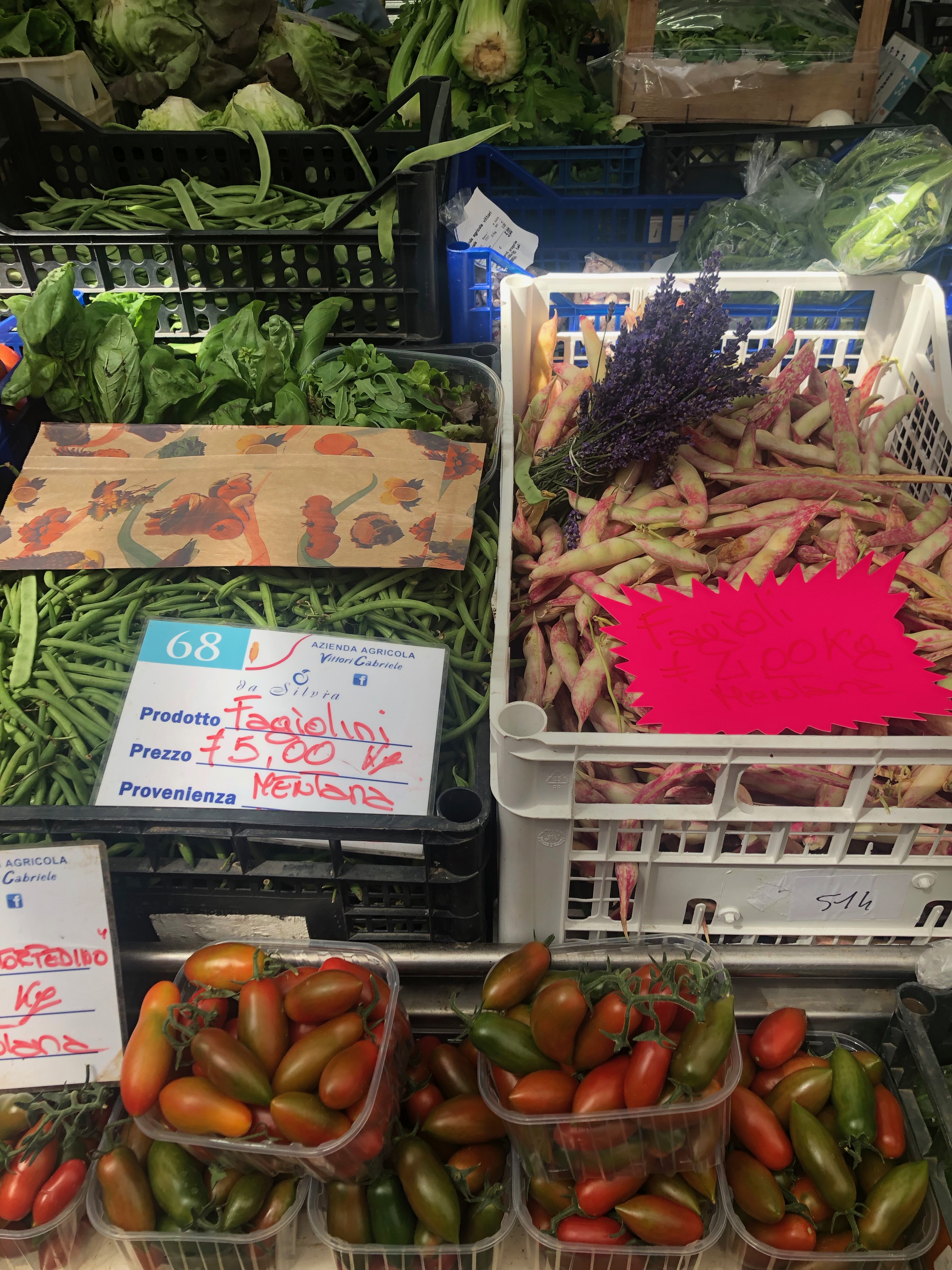
April 7, 2020, by Lexi Earl
Global food supply chains in times of pandemic
This post is written by Anne Touboulic, Lee Matthews, and Lucy McCarthy
The public health crisis unfolding before us is unprecedented, unimaginable and catastrophic. It will profoundly impact our values and lifestyles as it exposes the implications of national austerity measures on public services and the precariousness of our globalised production and consumption systems. Food supply chains are no exception. Public awareness of the interconnectedness our food supply chains has soared in recent weeks; despite being largely disregarded throughout Brexit debates. It is imperative we interrogate the global connections that our food supply chains rely upon and create, especially as the current global pandemic is but one of the threats to humanity as we know it.

The “globalisation” of food is not a new phenomenon and our global food supply chains have their roots in historical trading patterns. These trading patterns and our organisation of global food chains can be understood from the perspective of traditional (and flawed) economic models that underpin capitalism and are a product of colonial history.
Whilst this legacy must be challenged, one must recognise that the mass availability of food and spread of food culture emerged from this global food system and the advent of the supermarket model in the 20thcentury. In fact, we take for granted that we can consume anything, anytime and cheaply. The average consumer has little to no sense of seasonality or the real value of food. The socio-environmental costs – but also the economic ones to the least powerful players (e.g. growers/small-scale producers) – are seldom considered as our choices and lifestyles seem resolute.

Yet as COVID-19 spreads and supermarket shelves are left empty, the fragility and unsustainability of global food chains is exposed. We depend on complex and extended networks to provide goods to our table. As a result of the pandemic, one can expect global freight to decrease, especially for less essential goods, leading to the slow disappearance of tropical or out-of-season fruits on UK shelves but also to impact the import of key ingredients for our manufactured food products (for instance stock cubes and soups). We must question how to transform our food system into a resilient and equitable one. Promoting local and seasonal as the new normal seems like a step in the right direction.

We must acknowledge the unsustainability of our current model as it promotes the exploitation of natural resources and people to satisfy the insatiable consumers in the global North. Some argue this is a key reason for the outbreak, as our production and consumption systems infringe on nature and other species’ natural habitats. There is increasing recognition that human health cannot be understood independently of the health of the ecosystems, this relationship is being studied in a field of science called ‘Planetary Health’. The destruction of ecosystems is leading to an increase of human exposure to previously unknown pathogens. This is being wrought through land-system change, driven by the expansion of global food systems, and the consumption of bushmeat by millions of the world’s poor who are locked out of these food systems.
Will Covid-19 bring changes to our global food systems? This seems inevitable. But only if we become more informed about how supply chains work, the distribution of power within the system, and the alternative models for change.
To understand more about supply chains, we have pulled together the following resources:
Worried about supermarket shelves being empty? There is really no need.
A video to explain how supply chains work, from production to retailer.
Understanding the effect of unexpected demand on supply chains.
The global food system still benefits the rich at the expense of the poor
No comments yet, fill out a comment to be the first

Leave a Reply